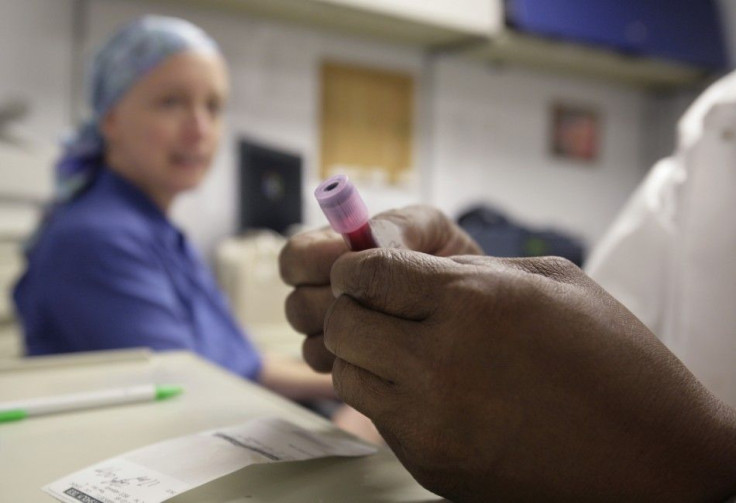Almost One-Half Of Britons In 2020 Will Develop Cancer, But More Will Survive Disease, Placing Huge Burdens On Health Care

By the year 2020, nearly one-half (47 percent) of the British population will develop cancer sometime in their lives, placing an enormous burden on the National Health Service (NHS) in the coming years, UK cancer charity organization Macmillan Cancer Support said.
Only 20 years ago, about one-third of Britons were expected to get cancer at some stage in their lives. However, the current rate is about two in five. On the brighter side of this grim forecast, fewer people will die from the disease, Macmillan said, estimating that four out of every ten cancer patients will survive (double the rate of survival from 20 years ago).
However, more cancer survivors means more people living with the debilitating physical and emotional effects of the disease, increasing the need for after-care. “That we live longer as a nation, and that we are improving cancer treatment, are things to celebrate,” said Professor Jane Maher, Macmillan's chief medical officer, in a statement. “We do, however, need to add a serious note of caution: The more successful we are with treatment and cure, the more people we have living with the long-term effects of cancer and its treatment. Many patients can be left with physical health and emotional problems long after treatment has ended.”
The complex predictions appear to reflect various concurrent phenomena: Britain’s rapidly aging population, longer life expectancies (e.g., a greater likelihood of developing cancer late in life), advances in medical treatments and improved earlier diagnosis.
All in all, Britain’s health care system, already beleaguered by rising costs, will face an even heavier financial burden as a result of its aging population. “This poses a Herculean challenge for the NHS and society,” Ciarán Devane, Macmillan's chief executive, said in a statement. “The NHS will not be able to cope with the huge increase in demand for cancer services without a fundamental shift towards proper after-care, without more care delivered in the community, and without engaging cancer patients in their own health.”
The charity’s scenario depicts a Britain with an enormous number of ailing elderly people -- many of them cancer survivors, who suffer from the after-effects of grueling treatments. “Many patients can be left with physical health and emotional problems long after treatment has ended,” Maher said. "People struggle with fatigue, pain, immobility, or an array of other troublesome side-effects. We need to manage these consequences for the sake of the patient, but also for the sake of the taxpayer. We should plan to have more services to help people stay well at home, rather than waiting until they need hospital treatment."
In 2010, cancer killed about 157,000 people in Britain, according to Cancer Research UK. That figure is expected to reach 193,000 in 2030 (reflecting an increasing and aging population).
© Copyright IBTimes 2024. All rights reserved.











